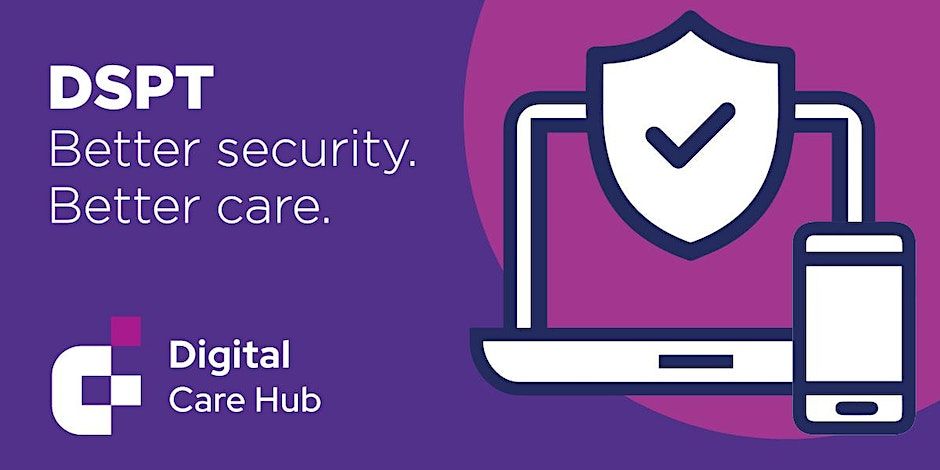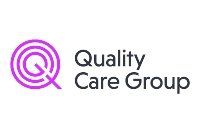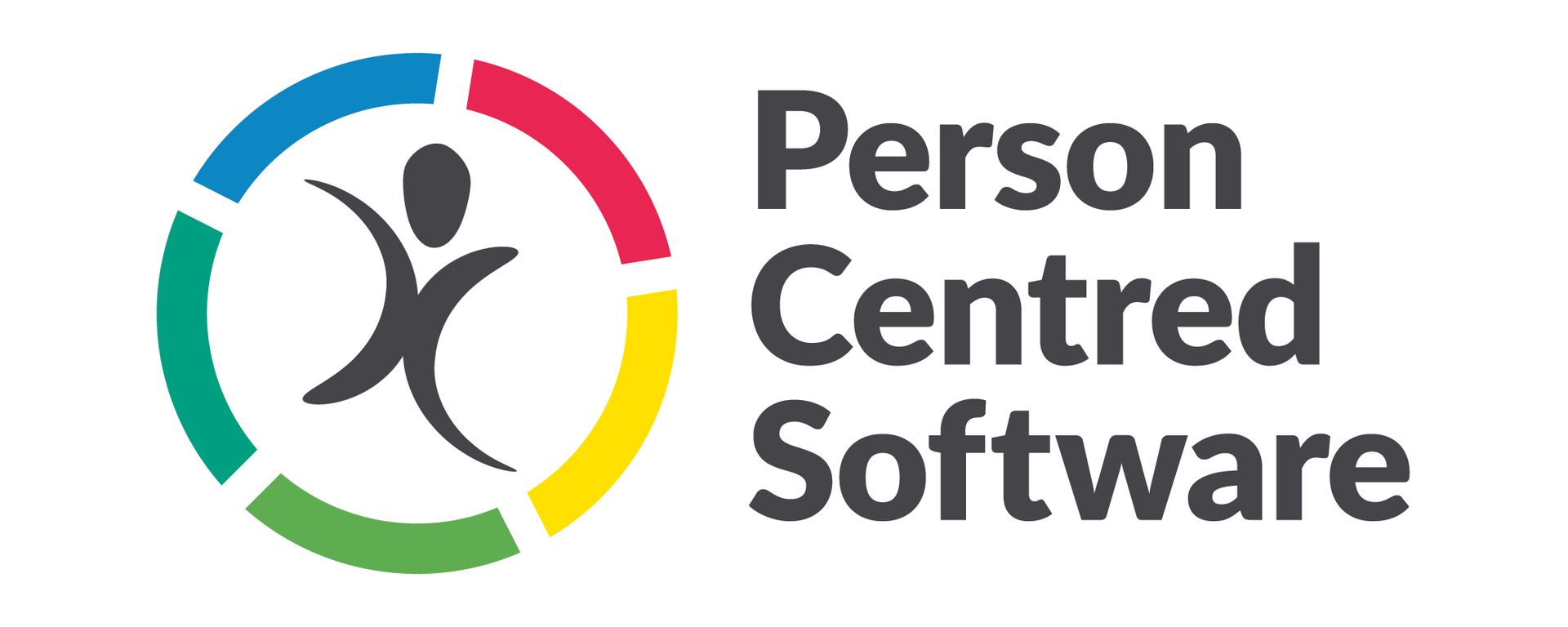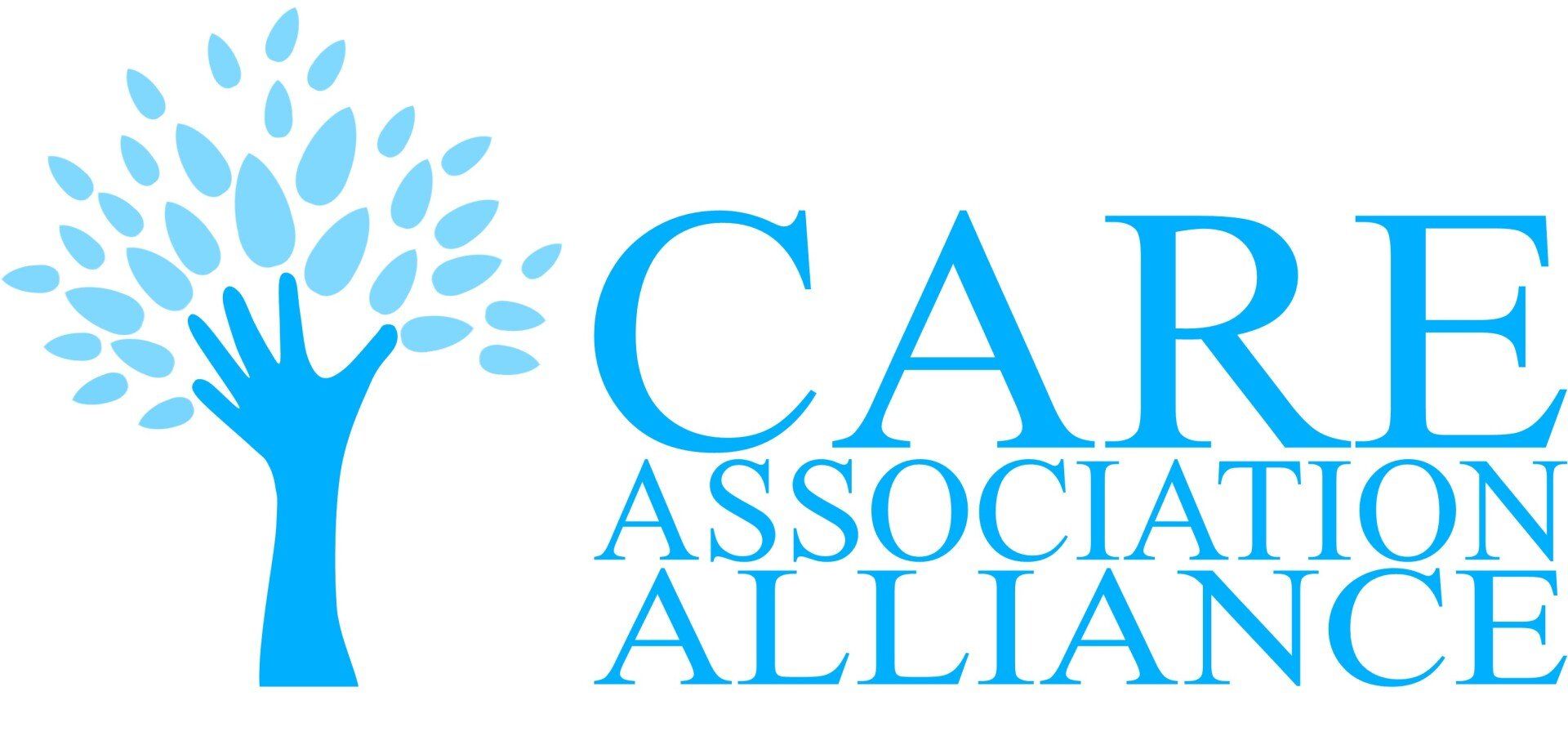Shared Care Records
Before Shared Care Records can be set up, the care home must have a secure email system and preferably the NHSmail system. Further information about NHS Mail is available here
How Shared Care Records Works
Ever wondered why, when you visit your GP or hospital, they can’t see all your health and care information? And why you find yourself having to answer the same old questions over and over – about things like the medicines you take, the treatment you’ve had, and whether you have any allergies?
The simple answer is they all use different computer systems to record your details. And because these systems aren’t connected, the health and care organisations looking after you can’t see the information each other holds on you.
That will all change with the introduction of Shared Care Records. This new system allows health and care professionals to view the most up-to-date information about you so they can give you better, safer care.
Partner health and care organisations will make the information they hold on you available for professionals to view through the Shared Care Record. They include local GP practices, hospitals, NHS 111, community, mental health, ambulance and social care services.
What information will social care professionals be able to see?
The information that will be available for professionals at our partners to view through the Shared Care Record is shown below. We have split this between ‘healthcare’ and ‘social care’ to show the kind of information each partner organisation will be able to look at.
Healthcare
- Information such as your name, address, date of birth and NHS number
- People to contact in an emergency
- Social care assessment information
- Care providers and the services you’ve used
- Any safeguarding information designed to protect you
- Your legal status for being in the UK
- Any conditions or illnesses you’ve been diagnosed as having
- Any operations you’ve had
- Your medication
- Any alerts or risks relevant to your care
- Your medical and maternity history
- Any birth and neonatal details
- Records of care you’ve had as an inpatient or outpatient
- Your appointments
- Documents such as discharge summaries, clinical letters, care plans, risk assessments and referrals
- Results of investigations, scans and laboratory tests
- Reports such as those from radiology scans or X-rays
- Examinations, for instance to check your blood pressure
- Trials or studies you might be part of
- If you’ve been sectioned under the Mental Health Act
- Details of supportive care, such as your end-of-life preferences
Social care
- Information such as your name, address, date of birth and NHS number
- People to contact in an emergency
- Social care assessment information
- Care providers and the services you’ve used
- Any safeguarding information designed to protect you
- Your legal status for being in the UK
- Any conditions or illnesses you’ve been diagnosed as having
- Your medication
- Your appointments
- A summary of the care you’ve had from a service, such as a hospital, when your care with that service is finished
- Details of supportive care, such as your end-of-life preferences

The Data Security Protection Toolkit (DSPT)
Having Proxy Access will transform the way you provide care but it does mean that your data protection policies and procedures need to be robust
One of the ways you can do this is by completing the Data Security Protection Toolkit (DSPT)
The Data Security and Protection Tool Kit (DSPT) is an Online Assessment which all Care Providers who work with and access NHS patient data and systems (including NHS Mail) must complete annually.
It is a condition of using Proxy Access that you have successfully completed the DSPT to Standards Met level
The tool kit covers such areas as your privacy and data protection policies, how you store and backup data, how you secure mobile devices, business continuity in the event of a cyber incident and how you manage your IT security and support.
Successful completion of the DSPT is also a requirement to access NHS Mail and Proxy Access,
The West Midlands Care Association is part of a FREE national program - Better Security Better Care - to assist all CQC registered care providers with this.
To find our what you need to do next, just click on the button below.

What do I do next?
Shared Care Record is being rolled out in different stages in different areas. In the first instance talk to your contacts in the ICB as to whether it is about to be implemented.
You will need a compatable care management software system in place. If you don't already have one there is funding available from your ICB to go towards its purchase through the Digitising Social Care program (DISC)or click the button below for more details
If your ICB has already begun it's roll out and you need to complete the DSPT then click
here to find out more information on how we can help you do that
Our Partners:

Slide title
Write your caption hereButton-

Slide title
Write your caption hereButton -

Slide title
Write your caption hereButton -

Slide title
Write your caption hereButton -

Slide title
Write your caption hereButton 
Slide title
Write your caption hereButton-

Slide title
Write your caption hereButton
-

Slide title
Write your caption hereButton -

Slide title
Write your caption hereButton 
Slide title
Write your caption hereButton-

Slide title
Write your caption hereButton 
Slide title
Write your caption hereButton-

Slide title
Write your caption hereButton -

Slide title
Write your caption hereButton
West Midlands Care Association, Globe House, Park Lane, Halesowen, B63 2RA
Registered in England and Wales No 04972911
© 2022 West Midlands Care Association, all rights reserved








